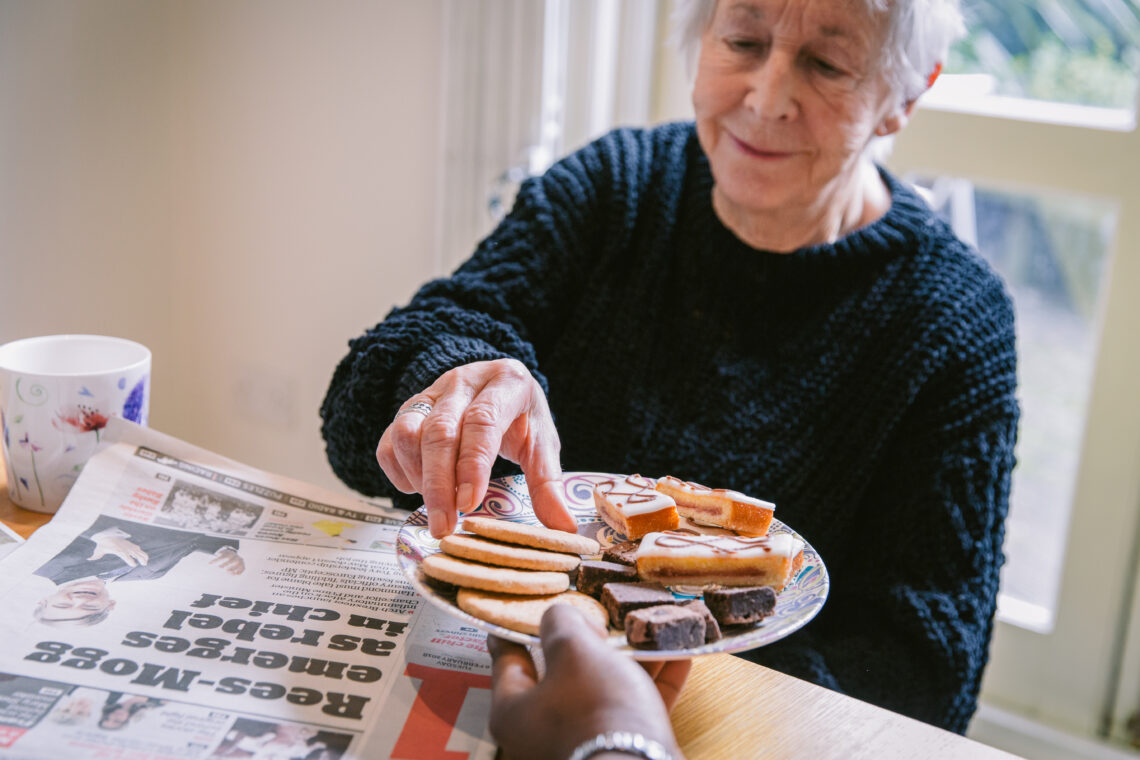Articles by Dr Jamie Wilson
Dr Jamie Wilson is hometouch’s founder and Chief Medical Officer. Jamie’s creation of hometouch was inspired by his work as a dementia psychiatrist in the NHS, and he has written about healthcare issues in The Times and the Evening Standard. Jamie has a MBBS from the University of Leeds and has spent a decade in the NHS, working as a Psychiatric Registrar and Memory Specialist at Imperial College Hospital.

Which countries are the best at caring for the elderly?
As populations age across the world, governments and families face growing pressure to provide dignified, sustainable care for older people. Good elderly care extends beyond healthcare outcomes to include financial security, access to support services, social inclusion, and the ability…

When do dementia patients need 24-hour care?
Deciding when someone living with dementia needs 24-hour care is one of the most difficult decisions families face. As dementia progresses, daily activities become more challenging and safety concerns increase. Many families worry about acting too early… or waiting too…

Finding a private carer in London
Families often need care quickly – after a hospital discharge, a health change, or when managing alone becomes unsustainable. Finding the right support in London requires understanding your options and knowing what matters most for your loved one’s wellbeing. This…
Would you like to know more about Hometouch's high quality live-in care service?

Caring for an elderly parent from abroad
Supporting an elderly parent from another country presents distinct challenges. Distance makes it harder to monitor changes in health or daily functioning, and many parents understate difficulties to avoid causing concern. With clear planning and the right support network, you…
Speak to one of our knowledgeable care advisers about Hometouch’s high quality live-in care service

Dementia and eating problems: Why do dementia patients stop eating?
Watching someone with dementia eat less or refuse food can feel deeply distressing. You may feel worried, helpless, or unsure how to help. Eating difficulties are common as dementia progresses. Your loved one may forget how to chew or swallow,…

What is alcohol-related dementia?
Alcohol-related dementia differs from other forms of dementia in one important way: with early clinical intervention and complete abstinence, cognitive function can often be stabilised and sometimes improved. In this article, our clinical team explains what causes alcohol-related brain damage,…

Creating a care package for an elderly loved on leaving hospital
Bringing an elderly loved one home after a hospital stay brings relief, but it also raises questions. How will they manage daily tasks? What support do they need during recovery? These concerns are natural when someone you care about needs…

Dementia Care: What is sundowning?
When caring for someone with dementia, you may notice their confusion and agitation increase as daylight fades. This common pattern, known as sundowning, affects many people living with dementia and can be particularly challenging for families. Our clinical team regularly…

What to do when an elderly parent refuses help
For many older adults, especially those who have lived independently most of their lives, accepting help can feel deeply uncomfortable. They may fear losing autonomy, feel embarrassed, or simply not recognise how much their needs have changed. As a child…

What is aggressive behaviour in dementia?
Caring for someone living with dementia can be emotionally challenging, especially when they display aggression. Outbursts, whether verbal or physical, can be distressing and difficult to understand. It’s important to remember that this behaviour isn’t personal. It’s a symptom of…
Apply for live-in care jobs
Hometouch has been one of the best companies I have worked for in the care sector! I have always been told I’m appreciated and been made to feel like it too. I’m so happy to be a part of the Hometouch team
Shaheen

£750 - £900 per week. Double bank holiday pay
You choose your own clients
Clinical support
Free training, webinars and supervision